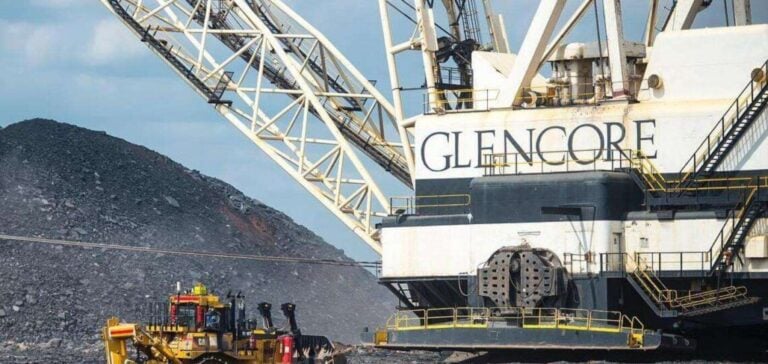Glencore, a major player in commodities trading and mining, has announced that it will maintain its coal activities after consultation with shareholders, while considering a demerger in the future.
Context and strategic decisions
Glencore, a leading Swiss commodity trading and mining company, announces that it will retain its coal activities.
This decision follows extensive consultations with its shareholders.
Glencore recently completed the acquisition of the steelmaking coal activities of Teck Resources, consolidated under Elk Valley Resources in July.
Glencore CEO Gary Nagle reports that the “overwhelming majority” of shareholders prefer to retain the coal business.
The Board of Directors, after a rigorous assessment of the risks and opportunities, supports this decision, considering that it represents “the optimal path” to create shareholder value.
Financial Performance and Challenges
For the first half of 2024, Glencore reported a net loss of $233 million, in stark contrast to the net profit of almost $4.6 billion for the same period in 2023.
The main reason for this decline is the fall in raw material prices, particularly for thermal coal.
Despite this, the company reduced its net debt by $1.3 billion to $3.6 billion.
Unlike competitors such as Rio Tinto and Anglo American, who are withdrawing from the coal sector, Glencore is firmly defending its involvement.
The company is committed to managing its mines responsibly, gradually closing those that are running out.
This position has drawn criticism from environmental activists and some shareholders, who feel that exposure to coal limits Glencore’s attractiveness to investors interested in metals needed for the energy transition, such as copper and cobalt.
Perspectives and Controversies
Since 2020, Glencore has been on the exclusion list of Norway’s sovereign wealth fund, the world’s largest investor, due to its coal activities.
By 2022, the company’s profits had soared thanks to rising coal prices following the invasion of Ukraine, demonstrating the short-term profitability of this sector.
Although Glencore is maintaining its coal activities for the time being, the company does not rule out a future spin-off if market conditions change.
This strategy would enable Glencore to focus more on its strategic metals for the ecological transition, while meeting the expectations of investors and stakeholders.
Glencore’s current situation highlights the tensions between short-term profitability and long-term sustainability in the commodities sector.
The company will have to navigate carefully to balance these conflicting imperatives and satisfy its various stakeholders.






















